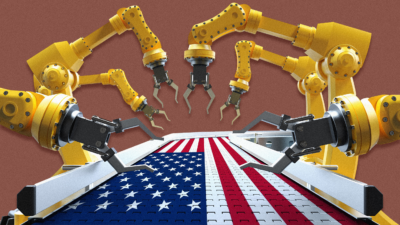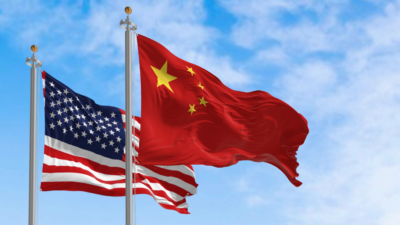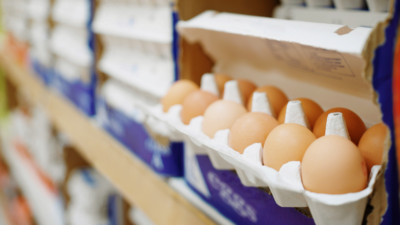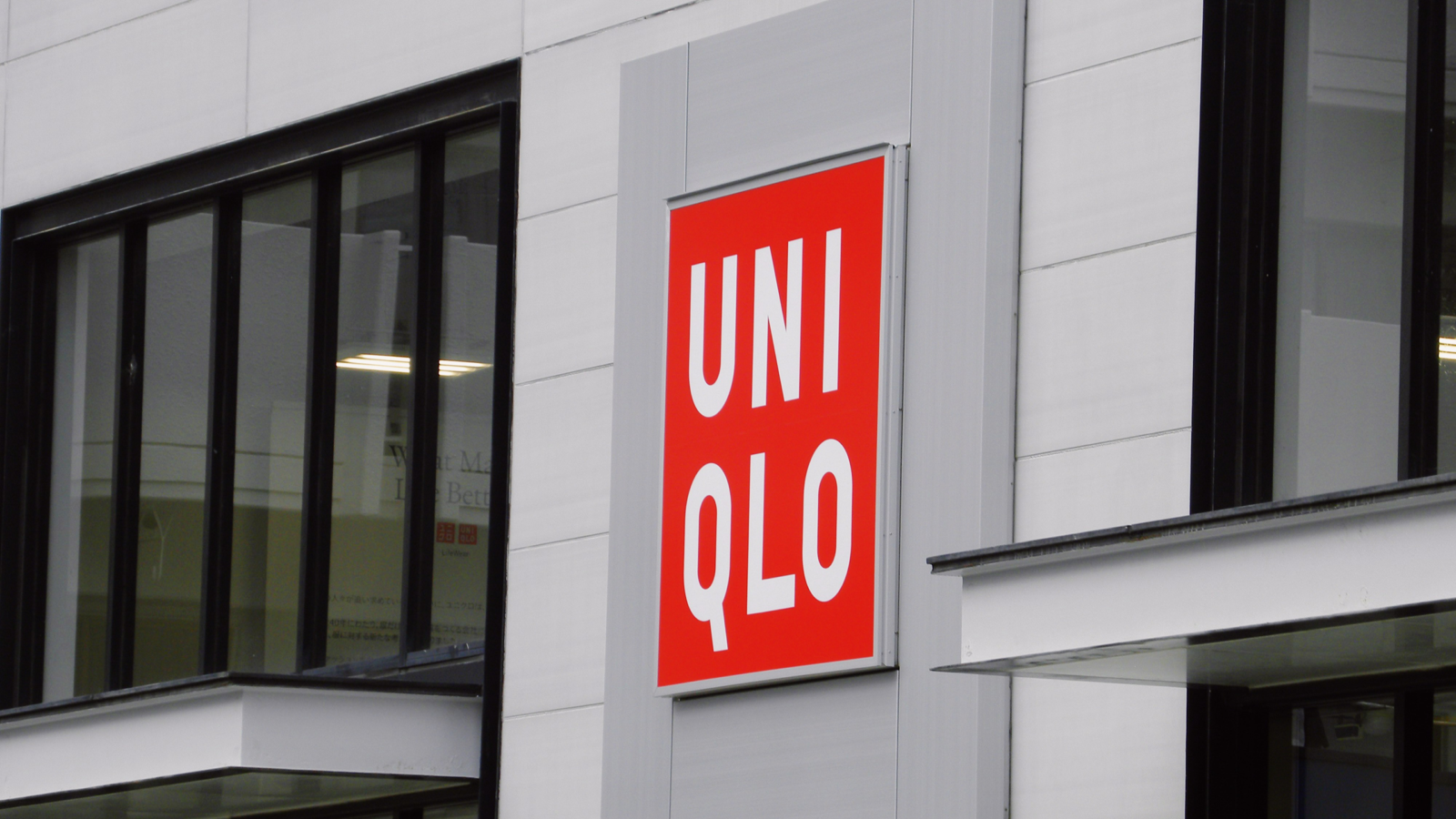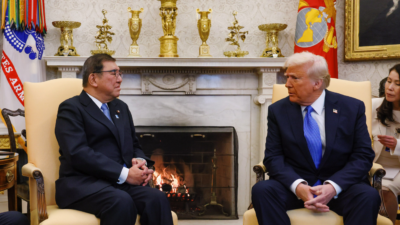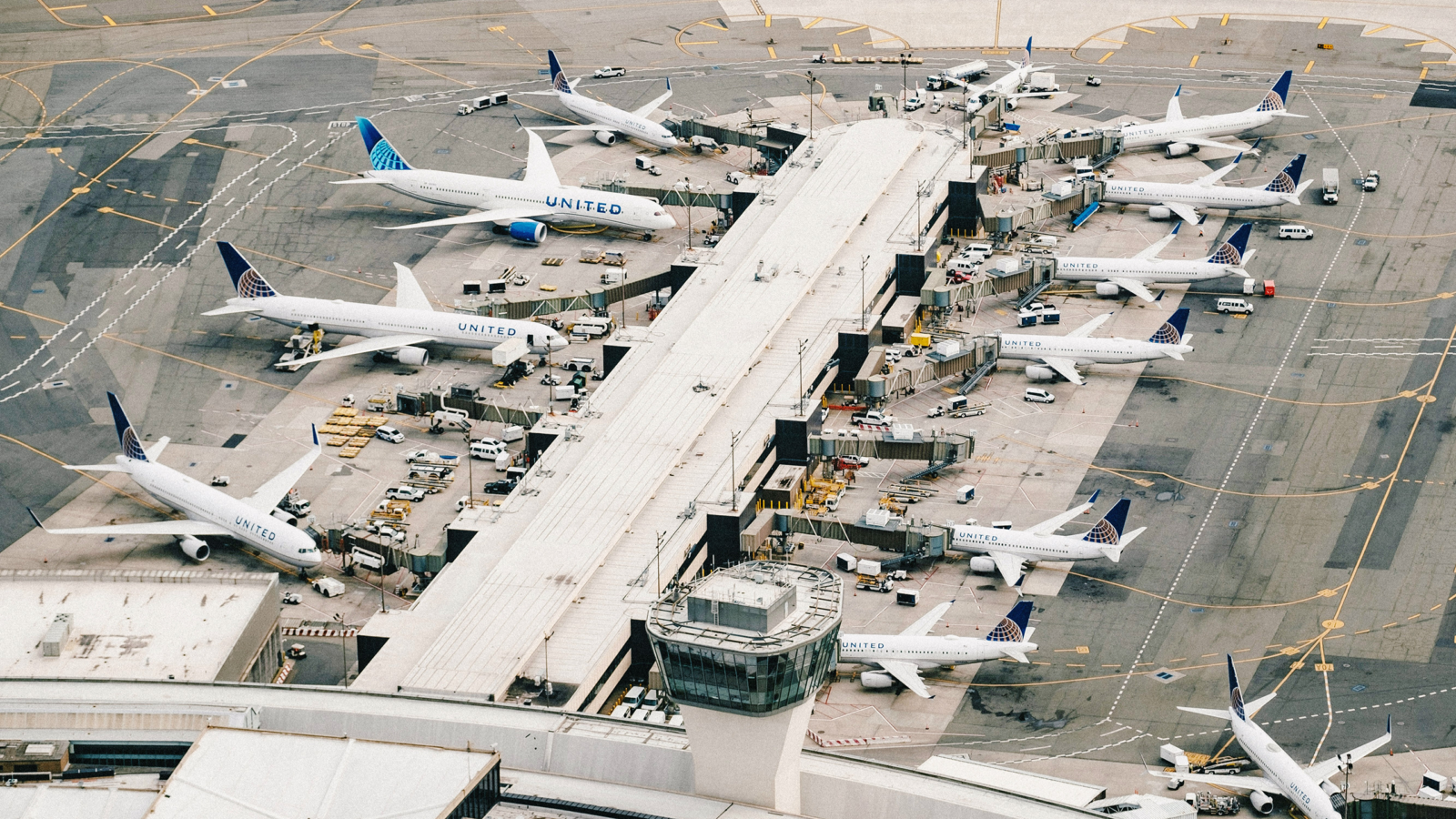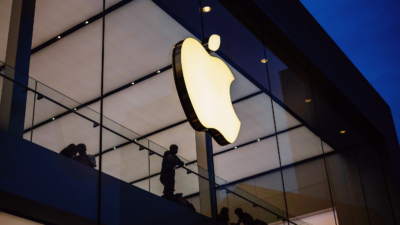Walmart, Target Work to Limit the Impact of Tariffs
Setting prices is a contact sport for retailers, and companies have been warning all year that things would get a little rough.
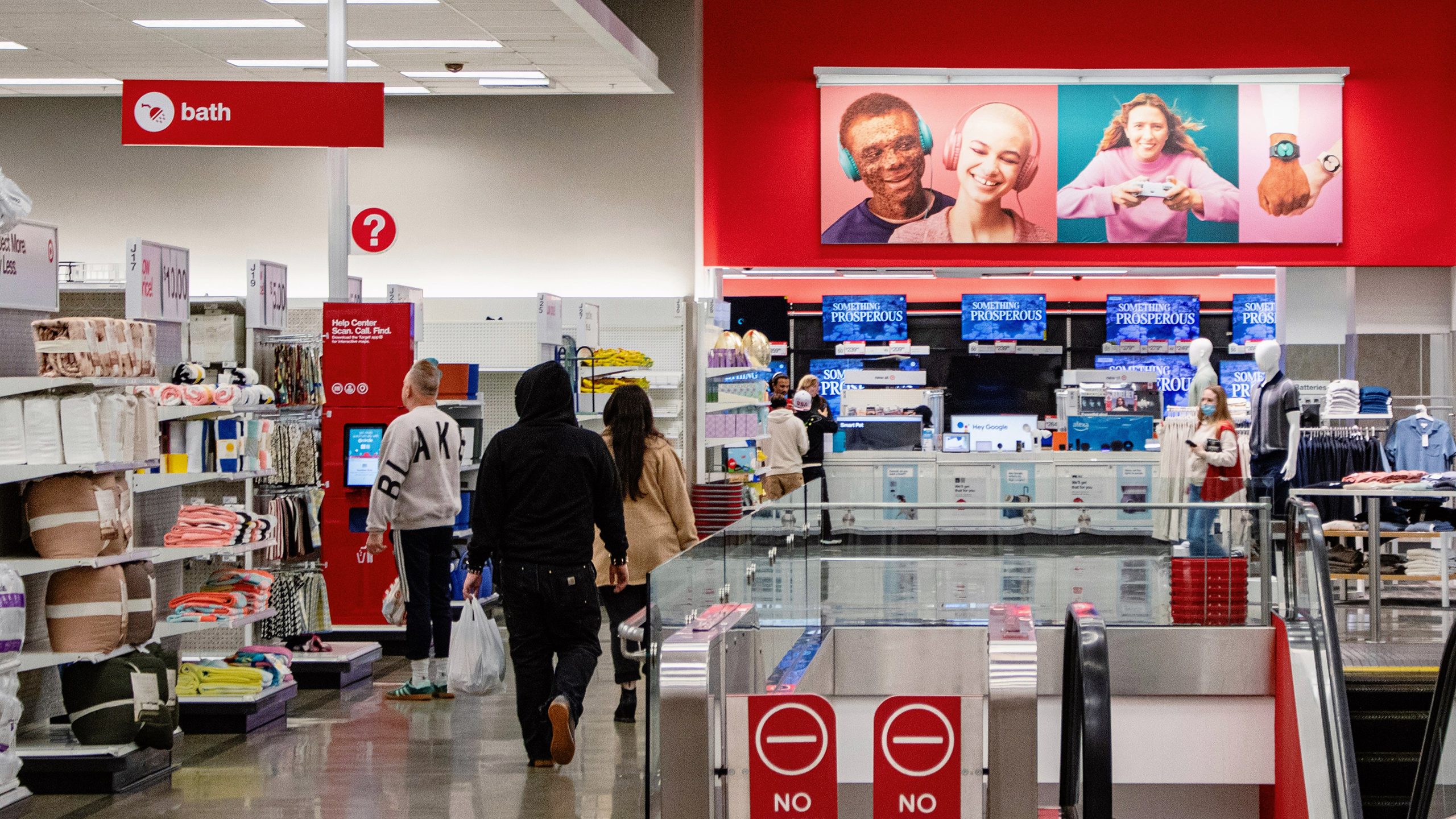
Sign up for smart news, insights, and analysis on the biggest financial stories of the day.
The first line of defense against tariff-induced price hikes? Big box retailers.
So far, they’re holding firm. As import levies begin to impact the price of, well, just about everything, Walmart and Target are going to war with suppliers over who must eat the added costs, Reuters reported Monday.
The Negotiating Table
Setting prices is a contact sport for retailers, and companies have been warning all year that things would get a little rough. But almost no one outdoes Walmart and Target at limiting sticker shock by squeezing suppliers. Target Chief Commercial Officer Rick Gomez said earlier this month that the company will look to increase the prices of certain goods to protect the price on items it deems critical or where customers are most likely to notice a bump, such as its line of $5 T-shirts.
Walmart Chief Financial Officer John David Rainey, meanwhile, outlined the company’s game plan to CNBC earlier this month: “We’ll work with suppliers. We’ll lean into our private brand. We’ll shift supply where necessary to try to take advantage of lower costs that we can then pass on to consumers.”
That’s good for consumers, and something of a nightmare for producers of consumer goods. So far, the tariffs have created a class of winners and losers at the retail price-setting negotiating table:
- On the winners’ side: providers of niche goods, who don’t have to compete against peer prices while negotiating for big box retail shelf space.
- On the losers’ side: everyone else. “There’s so much loss-leading going on out there,” Fraser Townley, chief executive of T2M, which creates niche video game controllers for mobile devices, told Reuters. Townley said he was able to negotiate new prices easily due to lack of competition, “but if you were one of 100 TV manufacturers trying to get your TVs into Walmart, they would say, ‘I have 99 others who don’t want to put prices up.’”
“The retailers will have to eat a little bit, the manufacturers are going to have to eat a little bit,” JPMorgan analyst Chris Horvers recently told CNBC, saying both parties want to avoid hiking prices on increasingly nervous shoppers. Just how anxious consumers are over tariffs will be made clearer today, when the US Conference Board releases its latest consumer confidence survey.
Trade Apocalypse Now: The trade war may only get more destructive: A new proposal from the Office of the US Trade Representative (USTR) would impose additional levies as high as $3 million on Chinese ships docking in US ports. The idea is to revive the US shipbuilding industry, which last year produced just 0.01% of new cargo ships in the world, according to the USTR, while China makes about half of the world’s cargo ships. In a two-day hearing with the USTR that began Monday, industry players warned the levies could devastate US trade, especially through smaller ports in the US, such as Oakland, Calif., or Charleston, S.C. “If you wanted to take a sledgehammer to trade, this is what you would do,” maritime transportation industry veteran John McCown told Bloomberg. “You take it all together — it’s like an apocalypse for trade.”

